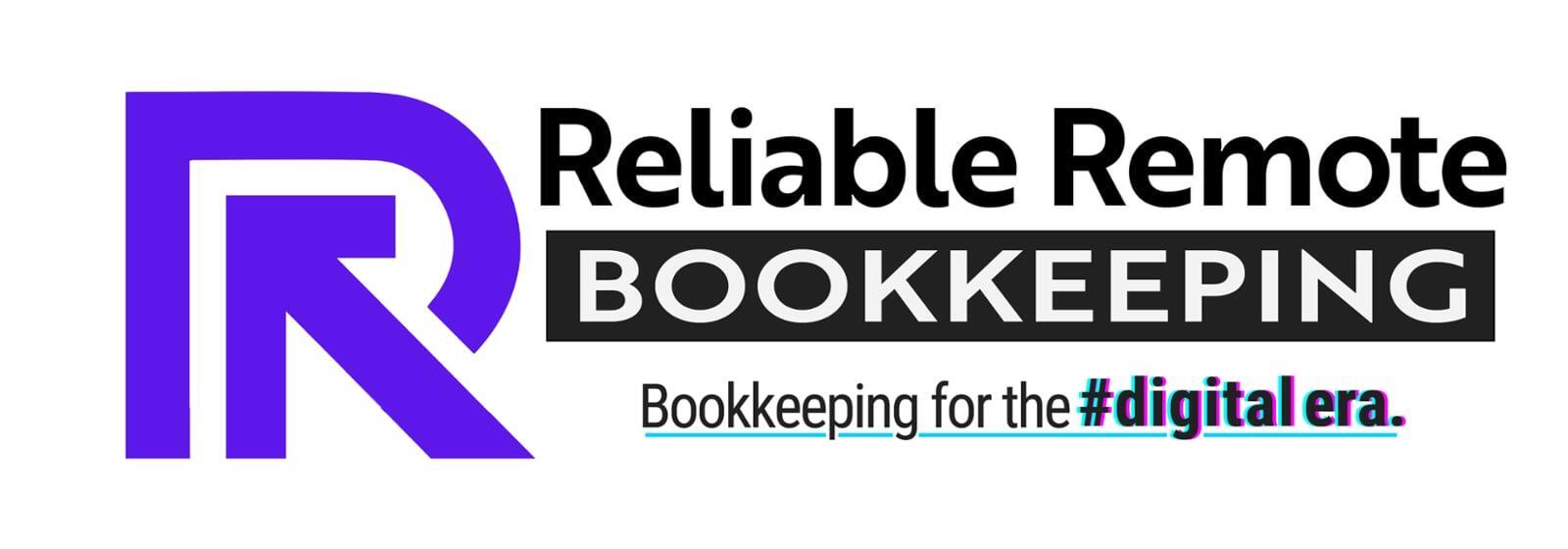
Save, Share, and Stay Organized All Year!
As a small business owner, maximizing tax deductions is key to reducing your taxable income. Below is a clear, IRS-compliant list of common deductions you can claim. Bookmark this guide, share it with peers, and consult it when tracking expenses.
Disclaimer: This guide is for informational purposes only. Consult a tax advisor for personalized advice. Based on IRS Publications 535, 463, 587, and Schedule C guidelines. Always verify current-year rules with a tax professional.
1. Operating Expenses
Everyday costs to keep your business running.
- Advertising & Marketing: Website costs, social media ads, business cards, and promotional materials.
- Bank Fees: Monthly service fees, transaction fees, and credit card processing fees.
- Education: Workshops, courses, or books directly related to improving your business skills.
- Insurance: Business liability, property, and workers’ compensation insurance.
- Legal/Professional Fees: Accounting, bookkeeping, attorney fees, and tax preparation services.
- Meals: 50% deductible for business-related meals (e.g., lunch with a client or team meetings).
- Office Supplies: Printer ink, paper, pens, and postage.
- Rent: Office space, equipment, or retail store leases.
- Repairs: Minor fixes (e.g., patching a roof) — not major renovations.
- Software: Accounting tools, project management apps, or industry-specific programs.
- Utilities: Electricity, internet, and phone bills for your business space.
- Wages/Salaries: Employee pay, contractors, and payroll taxes.
2. Home Office Deduction
If you use part of your home exclusively for business:
- Simplified Method: Deduct $5 per square foot (up to 300 sq. ft., max $1,500/year).
- Actual Expenses Method: Deduct a percentage of mortgage interest, rent, utilities, and repairs based on your office’s square footage.
3. Vehicle Expenses
For business-related driving (commuting to work doesn’t count).
- Standard Mileage Rate: 67 cents per mile (2024 rate) + parking/tolls.
- Actual Expenses: Gas, repairs, insurance, and depreciation (track receipts).
4. Inventory & Cost of Goods Sold (COGS)
Deduct the cost of products you sell:
- Raw materials, manufacturing costs, storage, and direct labor.
5. Retirement Contributions
- SEP IRA or Solo 401(k): Contributions are deductible up to IRS limits.
6. Health Insurance
- Premiums paid for yourself, spouses, or dependents (if self-employed).
7. Travel Expenses
For business trips away from your tax home:
- Flights, hotels, 50% of meals, rental cars, and tips.
8. Bad Debts
- Unpaid invoices from clients (if previously reported as income).
9. Charitable Contributions
- Donations to qualified nonprofits (cash or goods).
10. Depreciation
- Spread the cost of long-term assets (e.g., equipment, computers) over their useful life.
11. Startup Costs
- Deduct up to $5,000 in initial business expenses (e.g., market research, legal fees).
Non-Deductible Expenses
IRS says “NO” to these:
- Personal expenses (e.g., groceries, vacations).
- Political contributions or lobbying.
- Fines or penalties (e.g., traffic tickets).
- Life insurance premiums (if you’re the beneficiary).
Pro Tips for Success
- Track Everything: Use apps or spreadsheets to log expenses in real-time.
- Save Receipts: Digital or physical copies for 3+ years.
- Consult a Pro: Complex deductions (e.g., depreciation, home office) may require expert advice.
Share This Guide with fellow business owners!
Need Help? Let us handle your bookkeeping so you never miss a deduction. Contact Me Today.
Based on IRS Publications 535, 463, 587, and Schedule C guidelines. Always verify current-year rules with a tax professional.
Why Save This Document?
- Quick reference during tax season.
- Avoid missed deductions.
- IRS-compliant = audit-ready.
Your financial success starts with smart bookkeeping. Download, print, or bookmark this list now!
Disclaimer: This guide is for informational purposes only. Consult a tax advisor for personalized advice.

